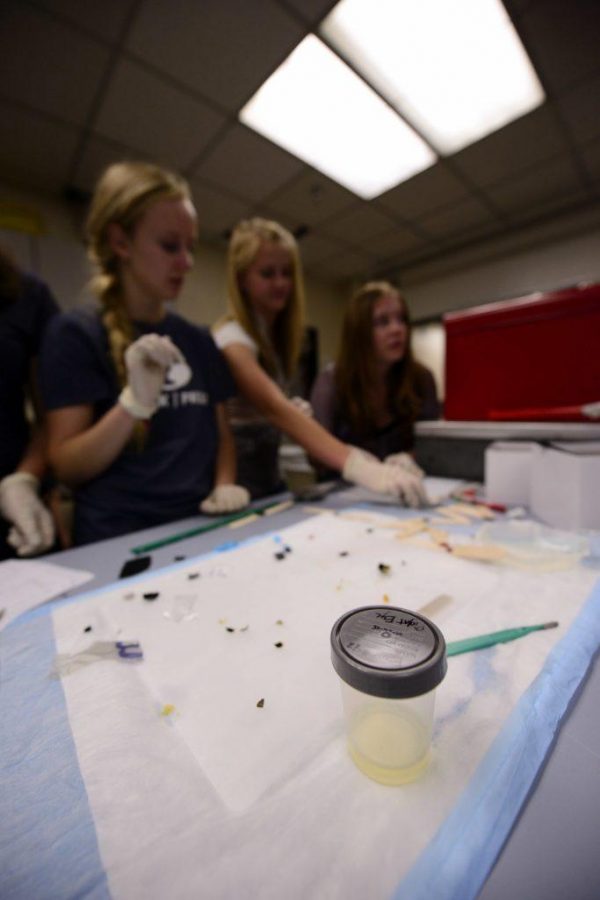This August, former Google engineer James Damore wrote an objectively sexist and uninformed anti-diversity memo. His argument that women do not have the biological disposition to succeed in the tech industry is an opinion not sustained by research. Still, Damore’s attitude is dangerous. Though he claims not to “endorse using stereotypes,” his so-called manifesto reinforces cultural misconceptions, which impacts female participation in STEM (science, technology, engineering and math). Now, most individuals do not write divisive proclamations. Their aggressions manifest casually in everyday conversations. As minor as they may seem, these inadvertent actions can still have serious effects. But luckily, the behavior can be easily changed and corrected.
By being astonished by a woman studying engineering, you have latently bought into the idea that women are biologically predestined for certain careers. This is simply not true. Originally, computer programming was considered “women’s work,” but now over 70 percent of the University of Utah’s computer engineering students are male. Biology does not determine who is interested in science, and engineers are not only guys with pocket protectors. Still don’t believe me? Check out #ThisIsWhatAnEngineerLooksLike.
The argument “you only got that award because you are a woman studying engineering,” simplifies others’ achievements, and attributing achievements to sex instead of skill is harmful. While there are organizations which financially support women and minorities pursuing STEM degrees, it should be noted that the largest scholarship provider for women is not the Society for Women Engineers, but the Miss America Program. This can be devastating as it can lead to individuals viewing female engineering success as something which was just handed to them instead of something they worked hard to earn. A more appropriate response would be to celebrate these accomplishments on their own merit.
I was walking with a group of women from my chemistry class when someone asked, “Has anyone ever told you that you should teach science instead of explore it?” There is a pause before we collectively nodded. Another woman then remarked, “Teachers are important. I just want to know if the guys in our class have been encouraged to change majors like we have.” If you have the opportunity to be in a class with a woman or a man who understands a concept and can explain it to you in a way that you, too, can understand, you can compliment their ability to teach without suggesting they change majors.
A recent study has linked low female enrollment in advanced math and science classes with a lack of encouragement from teachers, peers and parents. Women not being represented in the tech industry is not a female problem. It impacts everyone. Women have been integral in scientific discoveries and technological advances: Hedy Lamarr created the technology necessary for modern wifi, Katherine Johnson completed the calculations needed to send John Glenn to space and return him home safely and Marissa Mayer established Google’s position as the most popular search engine through her interface design. As students at the U, we have the opportunity to change our culture by creating welcoming learning environments for women and other minorities in STEM across our campus. So let’s make it happen.




David • Sep 7, 2017 at 11:40 pm
What a surprise, women aren’t as interested in sitting in front of a computer and cranking out code 8+ hours a day. My parents tried as hard as they could to get me OFF of the computer, but no, women need special treatment to be able to compete with men apparently? The nature of the work has changed massively since it was considered “women’s work”.
I’m pretty sure genes have a lot to do with career and success, just ask anyone with down syndrome. It was really generous of biology to be in perfect alignment with political correctness. Why even bother with science when we can already predict the answer to life’s questions?